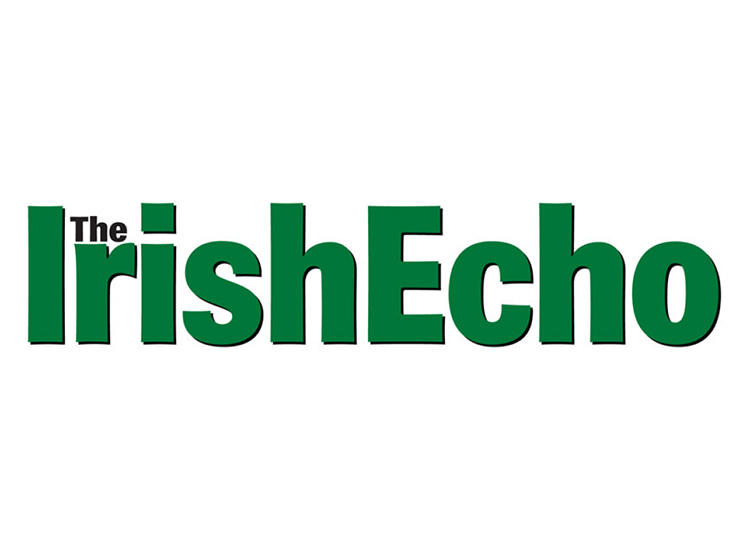Ambassador Dan Mulhall
By Ray O'Hanlon
The business of the G7 is big business. So how did Leprechauns involve themselves in one of its main talking points, that being global corporate taxation?
The answer is Paul Krugman and his New York Times column devoted to economics.
Krugman, whose views are widely absorbed and respected, first turned his eye on the Republic of Ireland's 12.5 percent tax rate several years ago.
And it was a critical eye, one that prompted him to come up with a catchy phrase, "Leprechaun Economics."
Leprechaun Economics would pop up in Krugman columns from time to time. It did so last April in a column headlined: "Leprechaun Economics Key to Understanding U.S. Corporate Tax Proposal."
That tax proposal was rolled out during last week's G7 gathering. And it as it did so Krugman came out with another column highlighting what he described as U.S. Treasury Secretary Janet Yellen's hostility to the likes of Ireland's low ball corporate tax rate which many critics say - though the Irish government denies it - is a good deal higher at first sight than what some major corporations actually pay.
The headline this time was "Yellen's New Alliance Against Leprechauns."
Now the Irish Times runs Krugman's columns a day after they appear in the New York Times. Last April, the Irish Times replicated the New York Times headline with its "Leprechaun Economics" part.
Interestingly, this time it did not. The Leprechauns were cast aside and the Dublin daily substituted a new headline at Krugman's column: "G7 Tax Accord is Big Step Towards a Fairer World."
Somebody in the Irish Times had clearly had enough with all the Leprechaun stuff.
And so had Irish Ambassador to the United States, Daniel Mulhall.
In response to the New York Times headline, Mulhall fired off a letter to the editor.
It was published in the New York Times on Friday as the G7 was gathering in Cornwall to consider the greatest challenges facing humanity and, as it turned out, the challenges posed by Brexit and the political storm battering against the Irish Sea Protocol.
Stated Ambassador Mulhall in his letter. "I am writing to express my disappointment over Paul Krugman's June 8 column, 'Yellen's New Alliance Against Leprechauns.' This is not the first time your columnist has used the word 'leprechaun' when referring to Ireland, and I see it as my duty to point out that this represents an unacceptable slur.
"I do not go along with Mr. Krugman's disingenuous excuse that the 'Irish have a sense of humor' about his attacks on us. While I am always happy to engage in serious debate about Ireland's economic performance, derogatory references in a leading newspaper like yours are no laughing matter.
"Ireland has been fully engaged since 2013 in the international discussions about corporate tax, and we have proactively and diligently reformed our tax code in line with the new international norms agreed to thus far. Further agreement in this area cannot be arrived at through name-calling and national stereotyping."
The New York Times letters page took no chances with this one, the heading over the letter being drawn from the ambassador's text: 'An Unacceptable Slur.'
The letter sat at the bottom of the page, right above a new Krugman column, this one focused on a very big issue, that of infrastructure spending in America.










